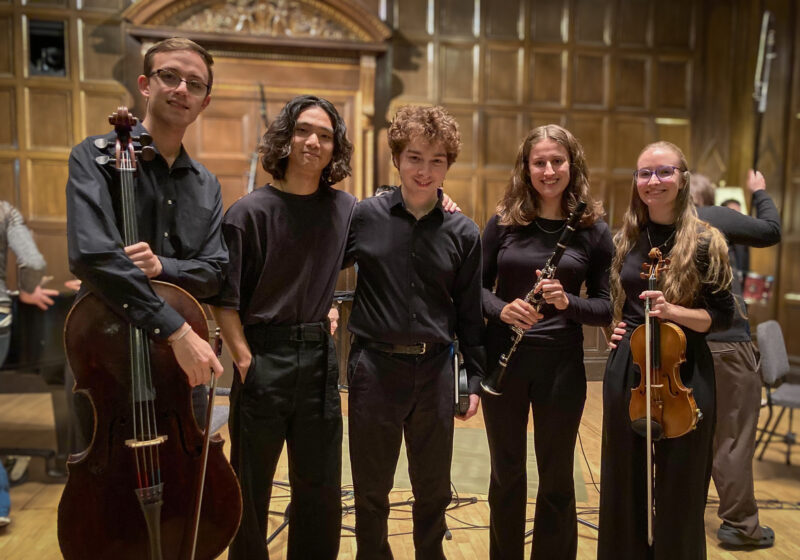Quidditch is speed, endurance, toughness, and tactical savvy. It is a pitch full of unrelenting brutes, who are unafraid to take a blow from the adversary in the name of the sport. Its athletes are unabashed and untethered by any outsider’s hollow presuppositions of Harry Potter reenactment or magical brooms.
In fact, their brooms are not magical, and not even brooms at all. Now just vestiges of quidditch origins, these wooden shafts are being phased out by more durable and less splinter-prone Polyvinyl chloride (PVC) cuts. This trade of aestheticism and authenticity for competitive integrity and utility is one example of this sport’s already staggering progressive movement, and likely product of its impressive growth.
The growing popularity of quidditch is tremendous. UR’s quidditch club, The Thestrals, has over 50 active members, with an abundance of underclassmen who will likely continue the growth of quidditch at UR in the years to come.
The Thestrals have two teams, a travel team and a regional conference team, just to keep everyone playing. UR isn’t an exception—this movement is happening at universities all over the country. Some larger state schools have seen hundreds and even thousands of students show up for open tryouts.
But why quidditch? The reason for the popularity and success of the Thestrals and quidditch in general is multi-faceted.
“We’re tackle, full-on contact. People don’t expect that,” said four-year Thestral player and current Thestral President senior Anna Parker. “I came for the whimsy and stayed for the athleticism.”
“It’s quirky enough to draw in spectators and newcomers who just want to give it a try, then once you’re invested, there is every reason to stay,” she added.
Thestral executive board member and senior Eugene Rohrer explained his experience as a freshman at his first quidditch practices.
Since nobody comes to college with quidditch experience, the rookies are more or less on par with one another. According to Rohrer, learning the game together gives each new class a strong “sense of camaraderie.”
There’s no doubt quidditch is a learning experience. Parker described it as a mix between “rugby, soccer, and basketball,” but with “more strategy.” There are three different types of balls, including bludgers, which exist solely for the purpose of being thrown at your opponents. Quidditch also has a gamut of different positions, such as the seeker, who tries to steal from the referee who can legally tackle and toss them in their defense.
The people who play quidditch are as varied as the style of gameplay. Parker explained how the non-gender-specific nature of quidditch cultivates an accepting environment. Athletes that identify as men, women, transgender, and non-binary are all welcome. Not only do the Thestrals accept every possible gender, but newcomers to competitive sports and everyone in between all fit their bill.
Though they struggled in competition this past weekend, the Thestrals are coming off of a season in which they were ranked tenth nationally. Evidence of their younger players developing suggests they’ll be right back on top come next fall.
In the meantime, there is no sign of them slowing down. They’ll be in Geneseo for a tournament next weekend and the following week, they will be hosting their largest fundraiser to date, in the form of an open tournament. Current members will act as coaches, and any student is welcome to form a team and take the pitch.




